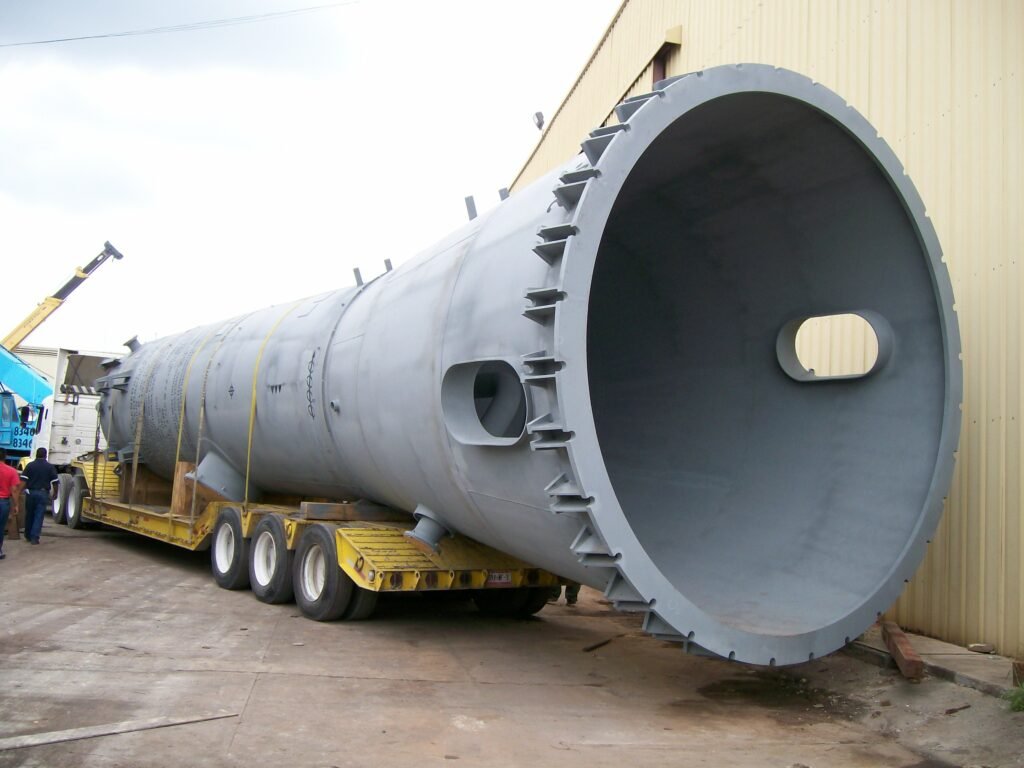In international logistics, accurate weight and dimensions aren’t just technical details — they’re critical factors that influence shipping costs, transit times, and customs clearance. Misreported data can lead to unexpected charges, delays, or even cargo rejection.
Understanding the importance of accurate cargo dimensions in shipping helps you save money, stay compliant, and move your freight without surprises.

⚖️ 1. Why Accuracy Matters in Freight Quoting
Shipping rates are based on either actual weight or dimensional (volumetric) weight, whichever is higher. If your declared measurements are incorrect, the carrier will remeasure and charge you based on their results — often with a rebill fee.
Benefit:
Accurate data avoids re-rates, overcharges, and ensures fair quoting from the beginning.
🧾 2. Customs Compliance Depends on Precise Cargo Data
Customs authorities require full and honest cargo declarations. Inaccurate dimensions or weight can raise red flags, cause inspections, or trigger fines and clearance delays.
Benefit:
Providing the correct specs helps you clear customs faster and maintain compliance in all destination countries.
📉 3. Prevent Space Shortages and Container Issues
If your cargo ends up being larger than declared, it might not fit the reserved container or truck space — resulting in missed sailings or logistics rescheduling. This creates ripple effects across your supply chain.
Benefit:
Proper cargo measurement ensures smooth booking and equipment availability.
📦 4. Better Load Planning and Pallet Optimization
Accurate dimensions help freight forwarders and 3PLs optimize palletization, container loading, and route planning. You might reduce the number of pallets or consolidate more cargo into fewer shipments.
Benefit:
Improved load efficiency = lower costs and better transit times.
🚨 5. Reduced Risk of Disputes with Carriers or Partners
When your declared cargo data matches the actual cargo, you reduce the risk of post-shipment disputes or accessorial fees (e.g. oversize charges, reclassification penalties).
Benefit:
Fewer billing issues and stronger relationships with your carriers and logistics providers.
🛠️ How to Ensure Accurate Cargo Measurements
To avoid problems, follow these best practices:
- ✅ Use certified scales and dimensioning tools
- ✅ Measure cargo after packaging is complete
- ✅ Always round up to account for minor variances
- ✅ Document everything with photos and specs
- ✅ Work with a freight forwarder who validates measurements
At ELI Logistix, we help clients verify their shipment details and avoid costly surprises.
In global logistics, small errors in cargo data can lead to big costs. That’s why accurate cargo dimensions and weightare essential for efficient, compliant, and cost-effective shipping.
If your business depends on smooth international deliveries, it’s time to prioritize measurement accuracy.
Need help ensuring your cargo is correctly measured and classified?
Contact ELI Logistix to optimize your shipping process and eliminate surprises.
